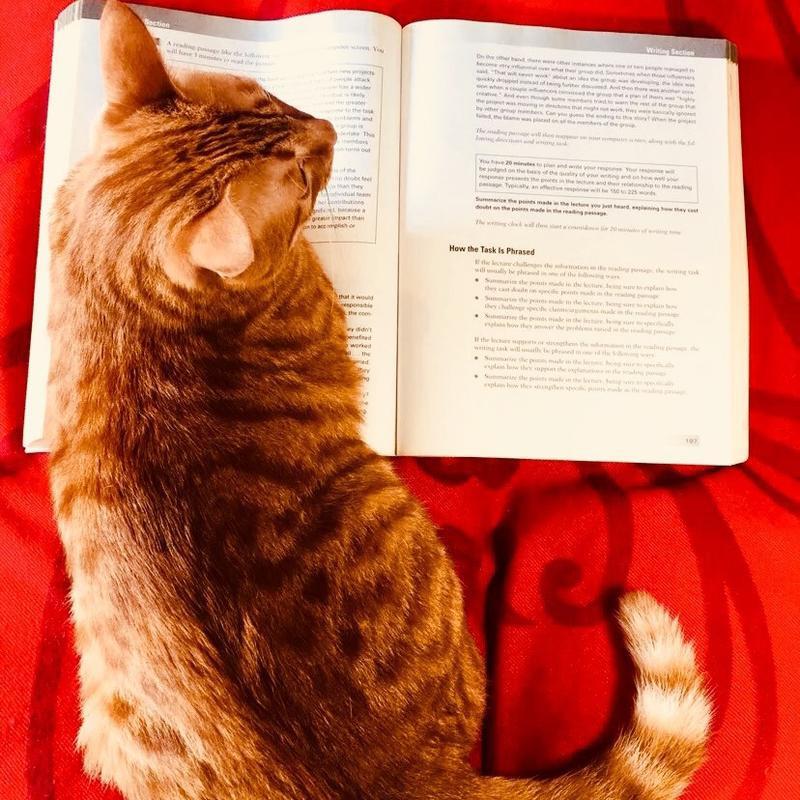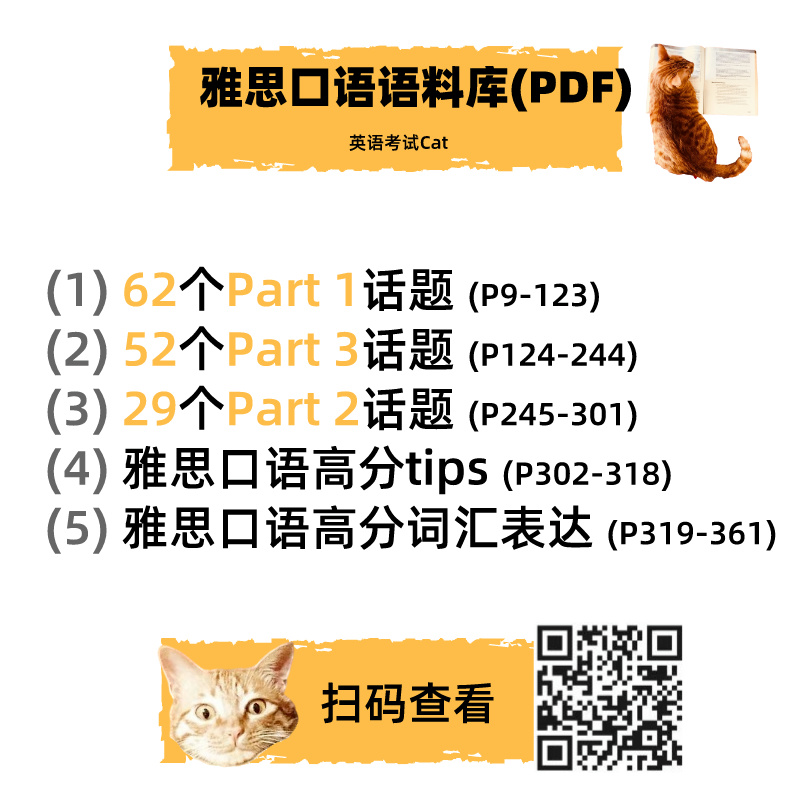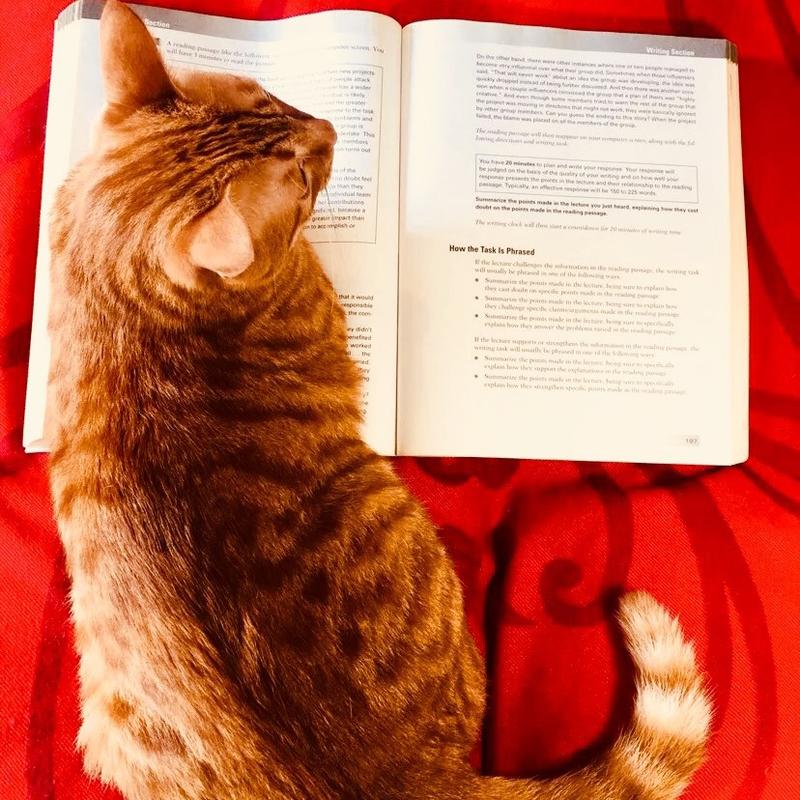
你好呀,欢迎收听:英语考试Cat 🐱🐱🐱🐱
What are the main means of transport in your country?
In my country, I think the main means of transport vary depending on the distance traveled and the destination. For long hauls, such as inter-city or inter-provincial travel, the go-to choice for the majority is probably bullet trains. These high-speed trains offer a quick and cost-effective alternative to flights, making them a popular option.
Within larger cities, particularly first-tier cities, I would say the metro system is the preferred mode of transportation. This is primarily because people wish to avoid traffic on the road, with traffic congestion being a common occurrence, and so the efficiency and convenience of the metro make it a popular option for daily commuting.
In saying that however, while public transportation remains the norm for many, there's definitely been a noticeable uptick in private car use, especially among families. This trend becomes really apparent during important festivals or holidays when purchasing tickets for public transport can be a major headache. Overall, I’d say the transportation landscape in my country reflects a mix of modern and efficient public systems, along with a growing prevalence of private vehicle ownership.
- vary 变化
- long hauls 长途旅行
- go-to choice 首选
- bullet trains 动车;高铁
- cost-effective alternative 经济实惠的替代方案
- first-tier cities 一线城市
- traffic on the road 道路交通
- daily commuting 日常通勤
- remains the norm for 是常规;很常见
- a noticeable uptick in 明显增加
- apparent 显而易见
- be a major headache 是一个主要的困扰
- reflects 反映
- a growing prevalence of 不断盛行
What can be done to improve transport in your country?
In my view, significant improvements in transportation infrastructure have already occurred and, in fact, continues to improve unabated. In the past, the reliance on buses and slow trains for inter-city travel was common. However, there has been a notable shift in priorities towards the development of advanced road and rail networks, catering to both high-speed bullet trains and private cars.
For cities and towns, another change that has occurred is that, in the past, most citizens relied on bicycles or motorbikes to get around, but now as most people have access to a car, the road systems have kept pace. I would say that probably in some areas the road system still needs to be upgraded and the introduction of bicycle lanes in tier one cities would also be a bonus, but honestly, over the last twenty years, I’ve witnessed a transportation system develop that when I was a child, I could only imagine.
Do you think traveling was better in the past than it is now?
Absolutely not. Traveling now is so much better than it used to be. For example, I recall the days of the infamous slow 'green trains' and long-distance buses, which made traveling a trying and exhausting experience. I remember, for instance, a train journey from Chengdu to Guangzhou used to take over 24 hours on a crowded green train.
Nowadays, a journey that once took over a day on a green train is efficiently covered in around 8 hours on a clean, comfortable, and uncrowded bullet train, offering ample legroom for passengers. Additionally, for those who prefer a quicker option, affordable air travel has become more accessible, reducing travel time and enhancing convenience for the majority of people.
And when it comes to cities, again, we see the same thing. Whereas before the bicycle reigned supreme, now most big cities in China have clean, cheap, and fast subway systems. The difference is night and day.
Do you think technology makes traveling more difficult?
Again, I have to say absolutely not. In fact, technology has significantly streamlined and enhanced the travel experience, making it far more convenient and much less time-consuming. With the arrival of ticket-booking sites and apps, individuals can now easily purchase tickets without the need to visit a physical ticket office, which was a common practice in the past.
Furthermore, mapping and GPS technologies have empowered travelers to navigate unfamiliar places with ease, eliminating the need to ask for directions. The introduction of cab-hailing services through technology has also transformed transportation, allowing people to secure a ride at any location and time.
While these technological advancements have undeniably elevated the travel process for many, it's essential to acknowledge that older generations may find it challenging to adapt to these changes. The complexity of modern technology can pose difficulties for those less familiar with digital platforms, potentially creating a gap in terms of travel accessibility. But overall, I have to say that traveling is a hundred times better than it used to be.
Notes超字数了,需要看完整笔记的朋友,请移步我的同名微信公众号:英语考试Cat

空空如也


